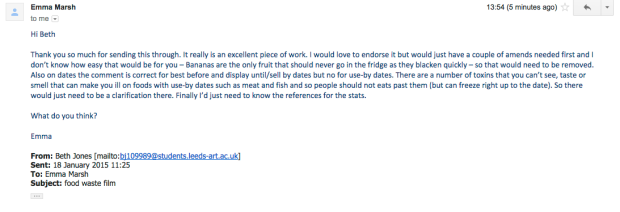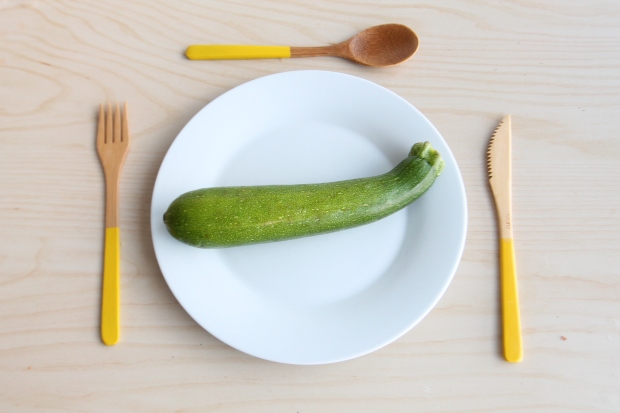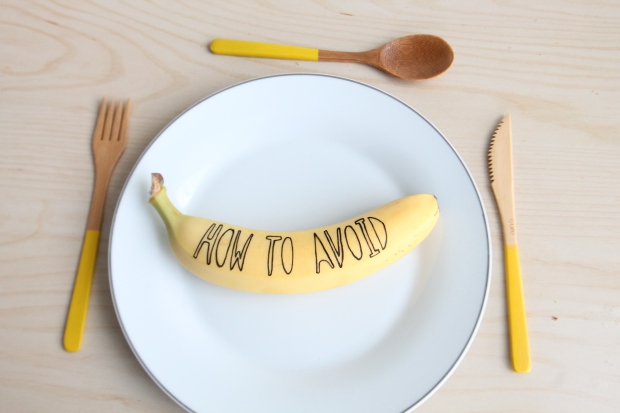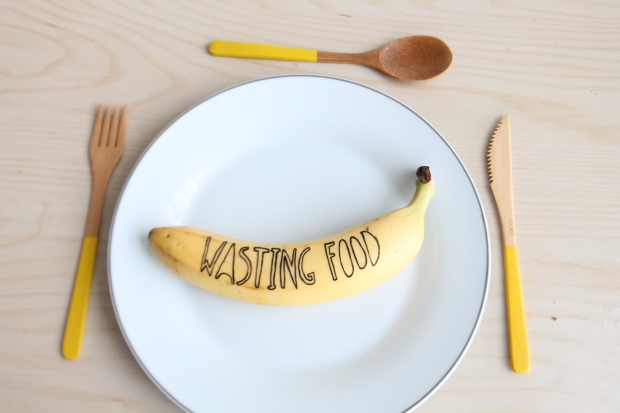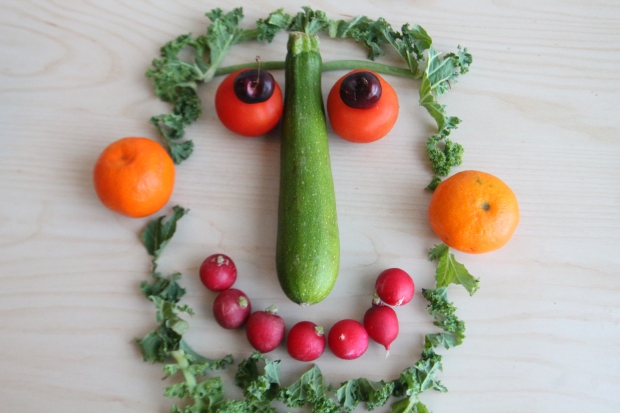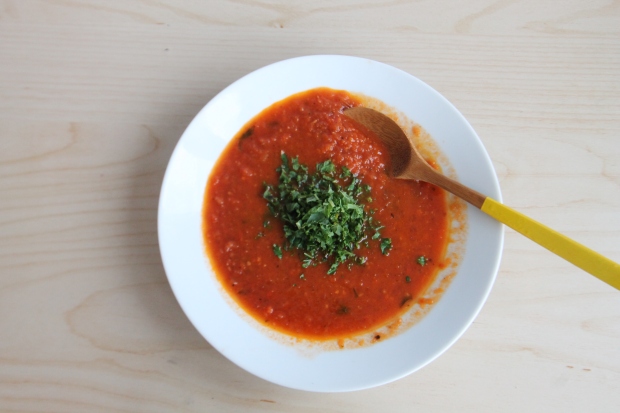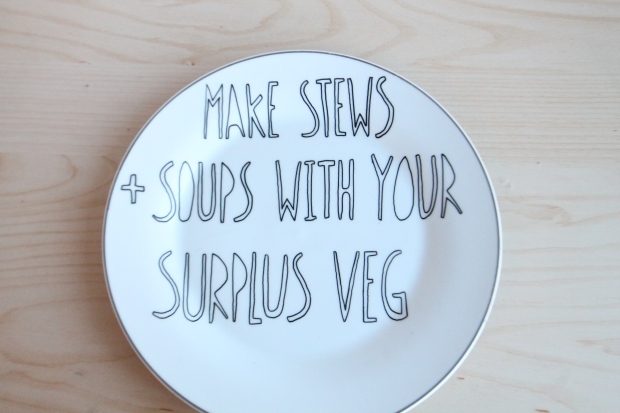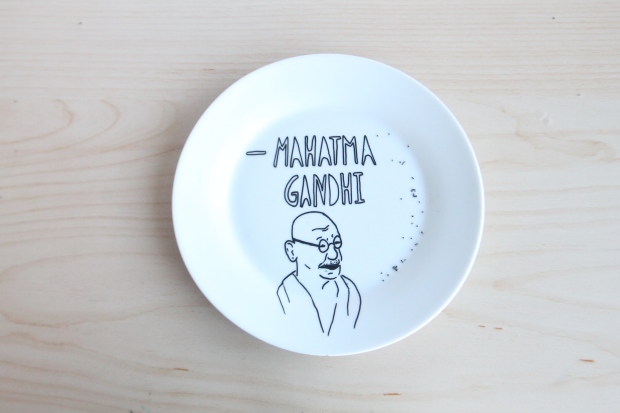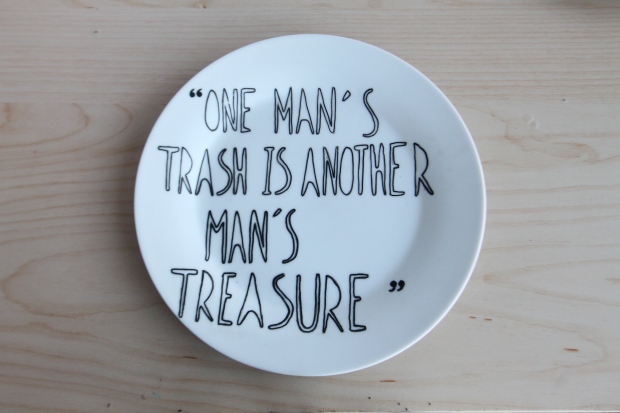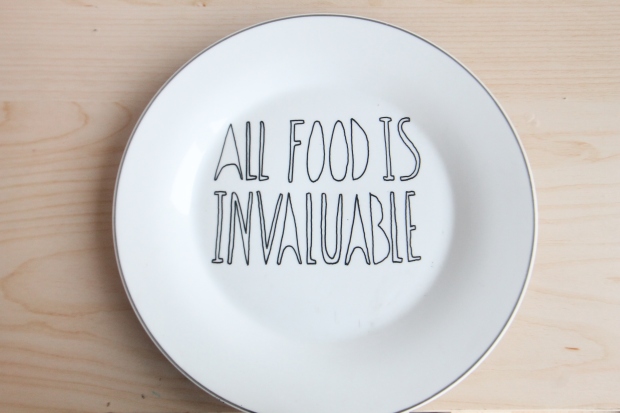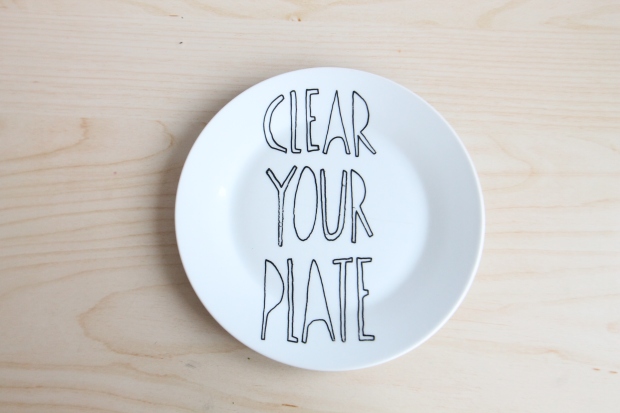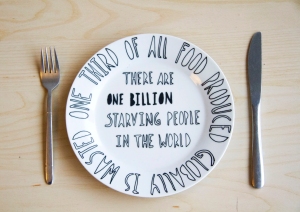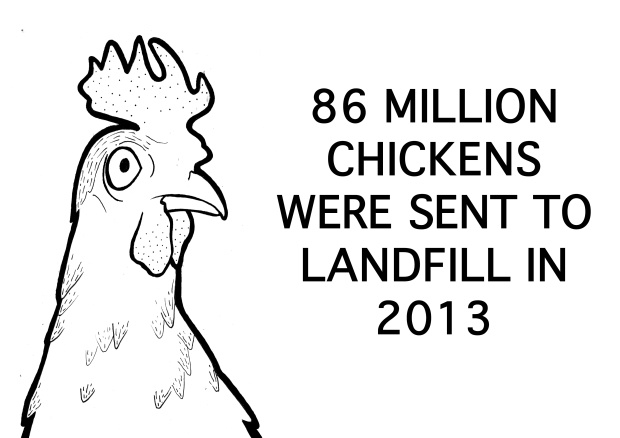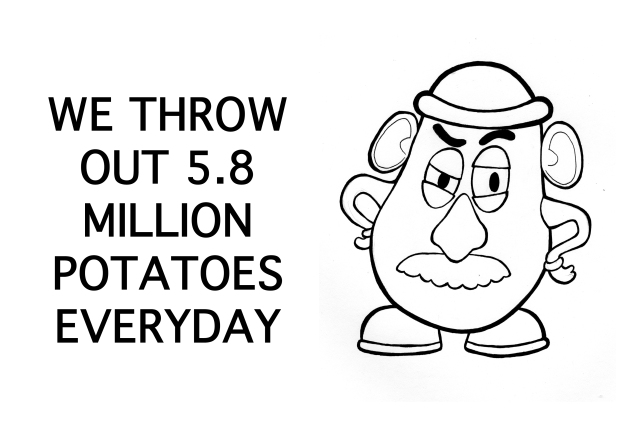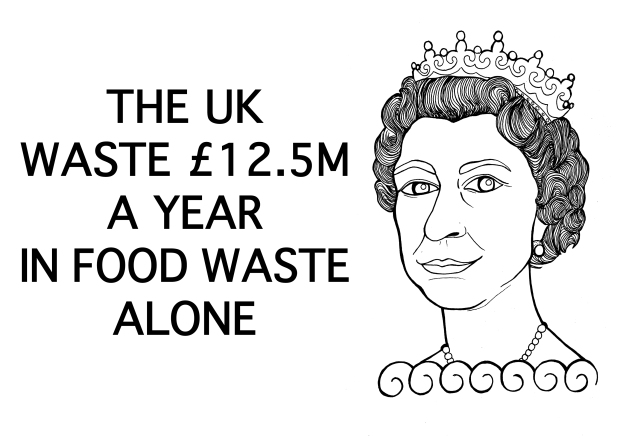Feedback from Food Charity FoodCycle
Finished Stop Motion
Stop Motion Stills
Plates
With the idea of making a stop motion I decided plates would be an affective background to place my statements on as they initially link the viewer with the idea of food. Although the idea is for my stop motion I’m considering making these into posters with more information added so the viewer can go away and research into the subject.
Urban Gleaners
CHANGE OF IDEA
I learned the hard way that being freegan wasn’t as easy as I had thought, without any guidance from people who knew how to live the lifestyle I found myself rummaging through plain old bins and with great difficulty too, the trick to being a successful freegan is knowing the right locations and the right times otherwise you’ll end up with a load of rubbish. I tried sourcing food from local independent businesses but I was fed the same old story that there was legislation against them being able to do that legally even though we know that’s not true otherwise the pay as you feel cafe wouldn’t be such a successful project. I became disheartened very quickly over what could have been an exciting project if I had been able to get a little more support. Although it was a good idea I feel there are stronger messages that can be communicated through another medium of art to raise awareness for this issue.
The Fight against food waste –Controversial Street Stickers
After research into the subject of food waste and all of the practices involved in producing and preventing it, my biggest concern is still that there is not enough public action or awareness addressing the issue, simply because not enough people are aware of the problem or consider it to be disputable at all. I want to use art as a way of stirring discussion and drawing attention to the topic, with an activist approach. I intend on producing a range of stickers containing controversial messages which I will then disperse around the city of Leeds around different food places. It makes sense to use insignificant objects such as street bins to exhibit strong messages in order to become part of the representation in communicating unsympathetic messages.
Last year we binned; 86 million chickens and everyday throw out 24million slices of bread, 5.8 million potatoes and 5.9 million glasses of milk, Richards, C. (2013) with an abundance of food people of a certain wealth no longer value it. I want to remind people of the moral implications of waste, whilst we do not hesitate to throw out a stale loaf of bread or fur coated fruits, it is imperative that we remember those who do not have access to food and whilst we continue to consume there is a large quantity of fellow beings who struggle to survive.
My aim is to highlight the facts that simply tossing out a banana has more consequences than we think, such as wasting time, energy, money, contributing to greenhouse gases and preventing someone else from eating it. Intending on making clear and bold statements, my stickers will be very simple but eye catching with bold black and white illustrations to grab the attention of the text.
Bin Diving: Mission one
Epic Fail!
I went out late tonight with some friends in the hope to find some treats awaiting in some supermarket bins to kick start my project but to my dismay every bin was safely tucked away behind locked gates, with every bin being out of reach and still unaware of what would be waiting inside, I feel I need some guidance from some well educated freegans. We were also in a race against the bin men as they seemed to be one step ahead of us, but at least I have learned that Monday night is bin night, I have learnt that there are key elements to having a successful ‘bin dive’ of which I have a lot to learn, so far the project is proving to be more difficult than I had imagined. The next plan of action will be to go further out of the city centre and in a car for quicker transportation.
Initial Idea/First draft of Creative Response
How well are different food aids contributing to society in tackling food waste and feeding the hungry?
Creative response
‘By wasting edible food you are preventing someone else from eating it’ Stuart, T. (2009).
This has been the driving point to the inspiration of my practical, focusing on the idea that food waste isn’t only an issue for the environment and contributing to reaching its ecological limits but instead is an insult to those of us unfortunate enough to have to worry about where their next meal will be coming from.
The practical will be a statement piece addressing the concerns of high amounts of wasted food against the issue of food poverty in the UK. The food movement of ‘freeganism’ is the inspiration to the practical I will submerse myself in for an entire week. Living like a freegan I will experience the pros and cons of the lifestyle whilst using my culinary skills to hopefully cook up meals that look aesthetically charming and unidentifiable of where it was sourced in order to convey the drastic actions that must be taken to draw a line under the UK’s waste of food. Expressing that the food was still fit for consumption and not for landfill I intend on showing a small fraction of how much edible food is being tossed out.
Approaching the project with a pro-active attitude I want the project to remind people how precious food is to others and to encourage people to think more rationally when throwing food in the bin. Encourage people who are guilty of wasting to re consider better options of avoiding waste or contributing it to someone in need. Also to encourage people living on the breadline that there is no shame to use food banks and ask for help when there is a truly outrageous amount of surplus going to waste.
The documentation of the project through the medium of photography will be how I present my final outcome. Seven meals all sourced from food which were about to begin their journey to landfill where it could have otherwise become a nutritious meal to someone suffering from hunger. Although there is an intended outcome, the aesthetic of the project remains experimental depending on what will be waiting for me in the bins of Leeds.
As well as taking food from supermarket bins, I will be using other resources like asking local independent restaurants for any surplus produce and Leeds Kirkgate market, although it may come across as scavenging I am hoping through doing this I will be informing people of the issue of food waste as well as exploring the political statement.
‘There is increasing scrutiny of the true picture of food aid provision in the UK and the number of people having to access these services. Oxfam and Church Action on Poverty have calculated that 20,247,042 meals were delivered to people in food poverty in 2013/14 by three of the main food aid providers (Trussell Trust, Fareshare and Food Cycle). This is a 54 percent increase on 2012/13, when the same providers distributed just over 13 million meals.’ Cooper N, Purcell S, Jackson R (2014).
To make a statement that whilst the richer people of society and corporations are in the position to live such fruitful lives whilst the poor struggle to feed themselves and live in shame when having to rely on food banks such as Trussel Trust. I want to involve myself into the culture of freeganism on a pro-active level and cooking my meals every day from produce destined for landfill to help me answer the question if freeganism really is contributing to society in a positive way.
‘Waste not want not.’
My intended audience will initially be the bigger corporations who are guilty of wasting food on a larger scale, from huge supermarkets and restaurants. I also want to pinpoint people who waste food every day from their homes without noticing and get people thinking about the issue of food waste. I’m going to incorporate the message ‘waste not want not’ into the final piece so it is a clear message that I am trying to convey.
“People who are using food banks are not scroungers who are cynically trying to work the system. They are drawn from the six million working poor in this country, people who are struggling to make ends meet in low-paid or bitty employment.”
-Revd Rowan Williams, former Archbishop of Canterbury and patron of Cambridge City Foodbank. Cooper N, Purcell S, Jackson R (2014).
What is the difference between someone making the choice to eat out of a bin in attempts to make a political statement whilst being wealthy enough to afford fine produce and the person who can’t afford to feed their family, must they feel shame to take out of a bin?
